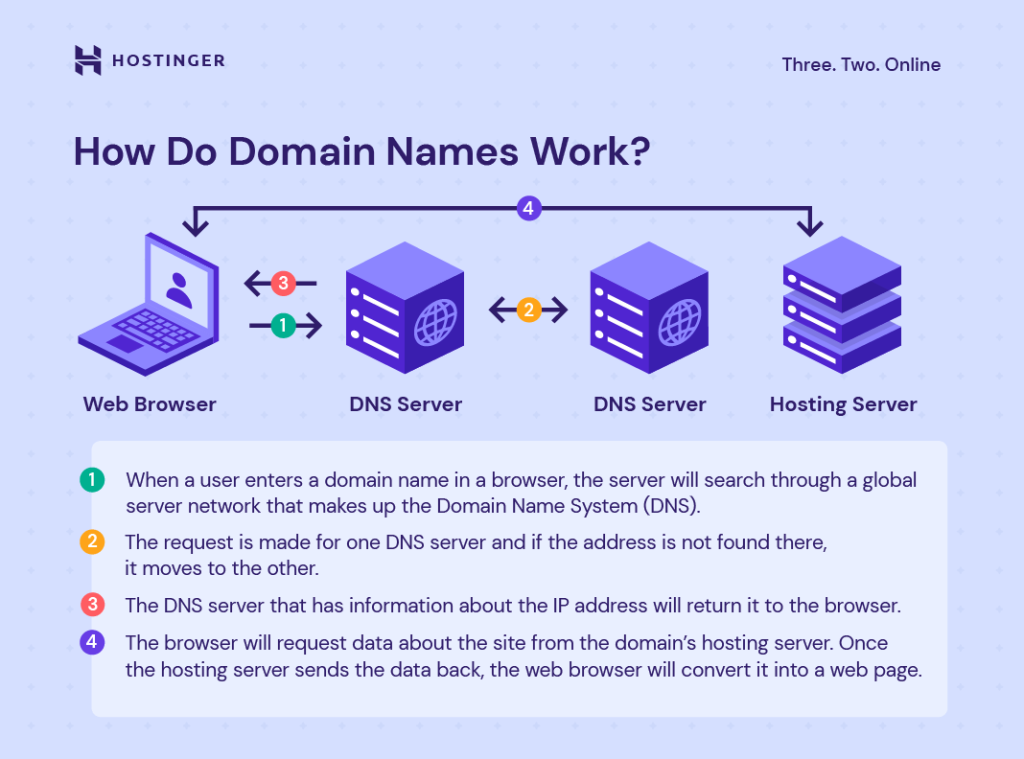Understanding the Meaning of Domain Names in Simple Terms
Have you ever wondered what the terms like “domain name” really mean in the world of technology and the internet? If you are new to the world of websites and online presence, the concept of domain names might seem a bit overwhelming at first. But fear not! In this article, we will break down the meaning of domain names in simple terms so that you can have a better understanding of this crucial element of the digital world.
What is a Domain Name?
Simply put, a domain name is the address of your website. It is what users type into their web browsers to access your site. For example, in the domain name “www.example.com,” “example.com” is the domain name. Think of it as your online identity, the unique name that represents your brand or business on the internet.
How Do Domain Names Work?
When you type a domain name into your web browser, the browser sends a request to a global network of servers called the Domain Name System (DNS). The DNS then translates the domain name into an IP address, which is a unique numerical identifier that allows computers to communicate with each other on the internet. This IP address is used to locate the server where your website is hosted, and the website content is then sent back to your browser for display.
Choosing a Domain Name
When choosing a domain name for your website, it is important to keep it simple, memorable, and relevant to your brand or business. Avoid using complicated or hard-to-spell words, as this can make it difficult for users to remember and type in your domain name. It is also a good idea to choose a domain name that reflects the content or purpose of your website, as this can help users understand what your site is about at a glance.
Domain Name Extensions
Domain names typically end with extensions like .com, .org, .net, etc. These extensions are known as top-level domains (TLDs) and can have specific meanings or purposes. For example, .com is commonly used for commercial websites, .org for nonprofit organizations, and .net for internet-related services. When choosing a domain name extension, consider the nature of your website and the message you want to convey to your audience.
Registering a Domain Name
To use a domain name for your website, you need to register it with a domain registrar. This is a company that manages the reservation of domain names on the internet. When you register a domain name, you are essentially leasing the right to use that name for a specific period of time, usually one year. Domain registration typically involves paying a registration fee and providing contact information for the domain owner.
In Conclusion
Domain names play a crucial role in establishing your online presence and making your website easily accessible to users. By understanding the basics of domain names and how they work, you can make informed decisions when choosing and registering a domain name for your website. Remember to keep it simple, relevant, and representative of your brand or business, and you will be well on your way to building a strong online presence.
